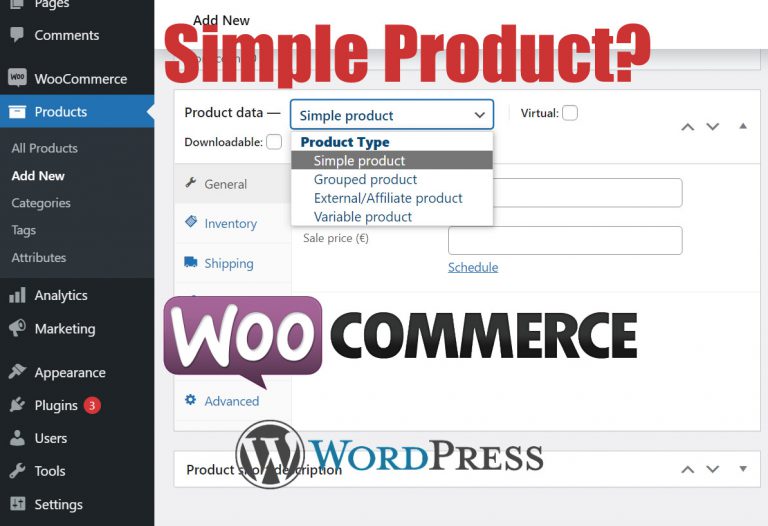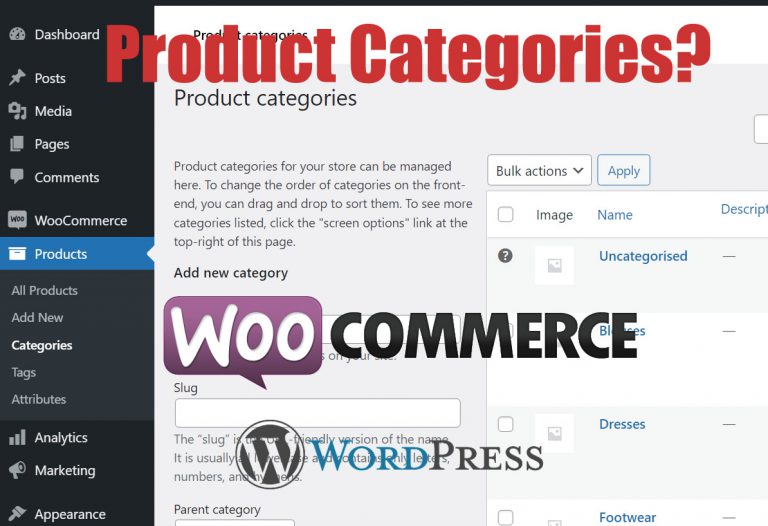Website Content Writing 5 Tips Engage Your Audience
Website content writing is essentially the art of using words to persuade a reader to take action. Creating quality content for your website that conveys your message and engages your audience is the goal. Writing effective content for your website is not always easy however, especially if you’re not a professional writer or you are a busy business owner with a full schedule already.
This article, will provide you with some time saving tips on writing solid engaging website content that will help you achieve better results online.
Ok lets get into it…
1. Put yourself in their shoes
The first step towards effective writing is understanding your audience and seeing things from their point of view.
Research your subject carefully: The more you know about the subject, the easier it will be to write engaging copy.
Research your keywords: Use tools like Google Keyword Planner to research relevant keywords for your website.
Make notes: Having clear notes to refer to will help you stay organized and focused.
Don’t be too technical: Avoid overusing jargon, acronyms, and technical terms that your audience may not understand properly. Use simple language that people can relate to and save the deeper dive for later in the text.
Be clear and concise: Use short sentences and paragraphs that are easy to read and digest. Avoid using long, complicated passages of text that may confuse your readers. Keep to the point.
Be unique: Never use copied content from anywhere, pretty much all written text is online somewhere these days. Not only is it unethical. It will harm your website’s search ranking.
3.Don’t overdo it
It can be easy to get carried away on a minor point and lose the main thread when writing enthusiastically.
Keep your core message towards the beginning: Your core message should be in the first few sentences of your copy. This will give confidence to your readers drawing them in to read more and hopefully engage with you either by buying the product or contacting you to discuss business.
Keep it on point: Don’t pad your content with unnecessary words or information. Keep your copy focused and to the point.
Write naturally: Don’t sacrifice the readability of your copy for the sake of keywords. Write naturally, and your readers will appreciate it.
Be different: Set yourself apart from the competition by offering something unique to you. Provide real information to your reader giving them insights that they can’t find easily elsewhere. This will increase engagement and leads.
2. Add structure your website content writing
Good structure and text formatting increases readability and engagement.
Use a hierarchical structure: Start with a main idea and then build on it with supporting points. The use of headings, subheadings, and bolding to make it easy for your readers to scan your text.
Use structured text: Bullet points and numbered lists break up your text making it an easier read.
Draft and rewrite: Don’t expect your first draft to be perfect. It’s often necessary to rewrite and edit your copy to make it engaging and less bloated. Ask yourself: Would you read it?
Don’t overuse images: Images are great for breaking up text blocks, but it can be easy to overdo it. Too many images will slow down your website and distract your readers. Diagrams and product photos are essential, but make full use of alt tags to describe the images content so that search engines will get a better picture of your content.
Be careful not to spam: Avoid using keywords excessively or unnaturally. This will harm your website’s search ranking.
4. Clear goals
Your website content should have a clear goal in mind.
What is your call to action?: You should have a clear call to action or end goal in mind when writing your piece. This could be signing up for a newsletter, making a product purchase in an e-commerce store, or downloading a PDF. Give your readers a clear signal what to do next.
Include links: If you’re writing about a product or service, include links to relevant pages on your website. Linking sparingly to resources off-site will also help your SEO in some cases. Quote sources if necessary to back up your piece.
Use analytics: Use tools like Google Analytics to track engagement on your website. This will help you understand what’s working and what’s not, and how you can generally improve things on the site.
5. Sleep on it
It’s crucial to step back and review your copywriting before publishing it. By taking the time to follow the tips outlined above and craft effective website content, you can achieve your ultimate goal of engaging your audience enough to take action. Whether it’s picking up the phone, sending an email, or purchasing your products, effective website copy can make all the difference. Remember to think about your audience, structure your content effectively, avoid overdoing it, have clear goals, and take a break before publishing. By doing so, you can create compelling and engaging website copy that drives results and helps your business grow.







